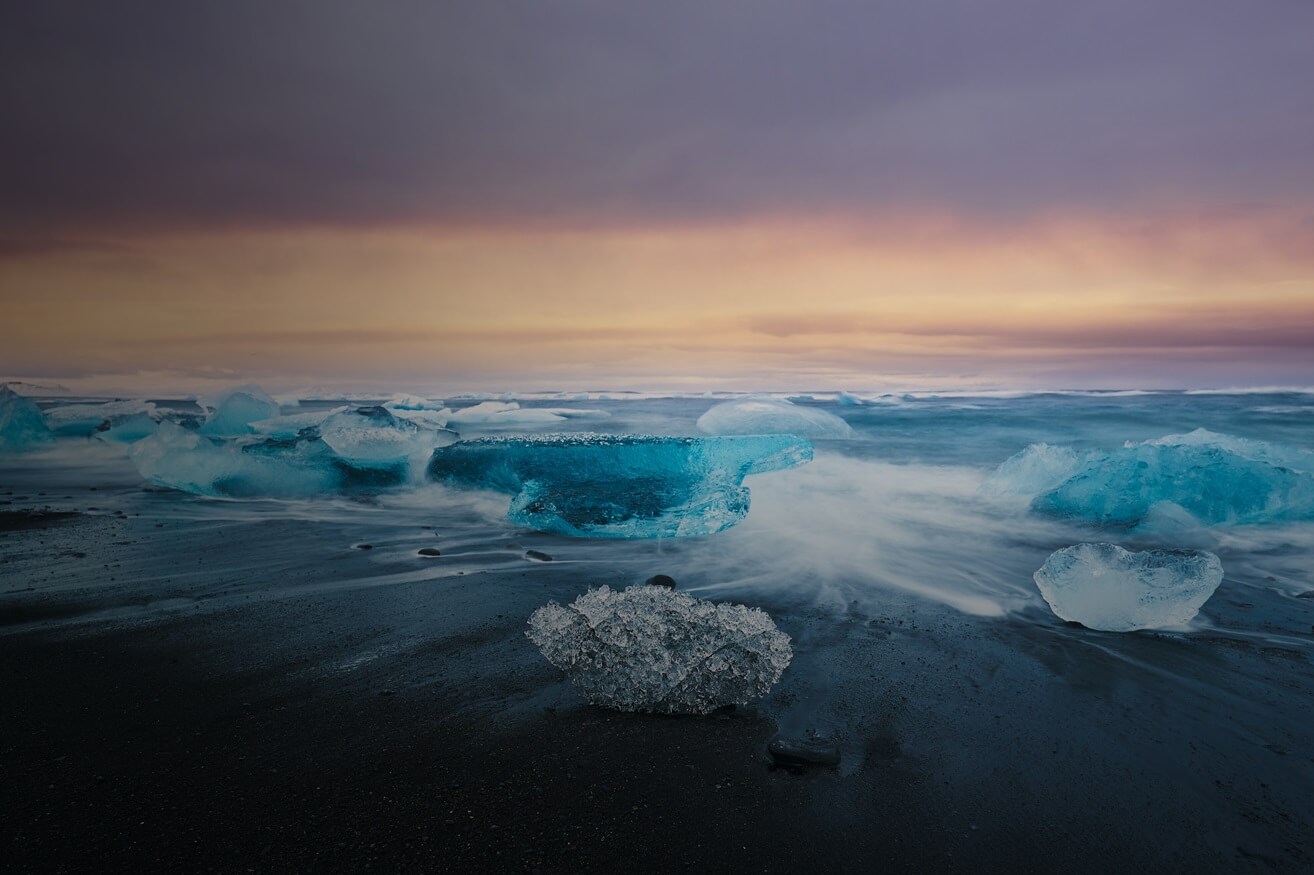
Recognizing Early Career Contributions to the Understanding of Biogeosciences
The Thomas Hilker Early Career Award is given annually in recognition of unusually creative work by an early career scientist that advances scientific understanding of biogeosciences. This award memorializes Thomas Hilker, whose groundbreaking work to quantify global photosynthesis from satellite data was a technical and scientific challenge that required both long-range vision and tremendous diligence and attention to detail.
This early career award, given at Fall Meeting, recognizes a scientist whose research propels any discipline related to the field of biogeosciences. The new award addresses a need to recognize and reward up-and-coming scientific leaders in the Biogeosciences section.
- A $1,000 prize (subject to funding availability)
- An award plaque and certificate
- Recognition in Eos
- Recognition at AGU's annual meeting the year the honor is awarded
- Ticket to the Biogeosciences luncheon at AGU's annual meeting the year the honor is awarded
About the Biogeosciences Section
AGU’s Biogeosciences section encompasses interactions between biological, geological, hydrologic and atmospheric systems that govern diverse functions of the Earth system (and other planetary systems). These functions include cycles of carbon, nutrients, and other elements, feedbacks within the climate system, the origins and impacts of early life, and interactions across physical, biological, and human interfaces.
The Biogeosciences section, due to the inherently interdisciplinary nature of the subjects it represents, also serves as a nexus for other AGU sections including Hydrology, Atmospheric Sciences, Earth and Planetary Surface Processes, Global Environmental Change, Ocean Sciences, and GeoHealth. Thus a key goal of the section is to encourage and foster co-sponsored sessions that will encourage interdisciplinary communication and collaboration.
Eligibility
- an active AGU member
- an early-career scientist within 10 years of receiving their Ph.D. or equivalent terminal degree

